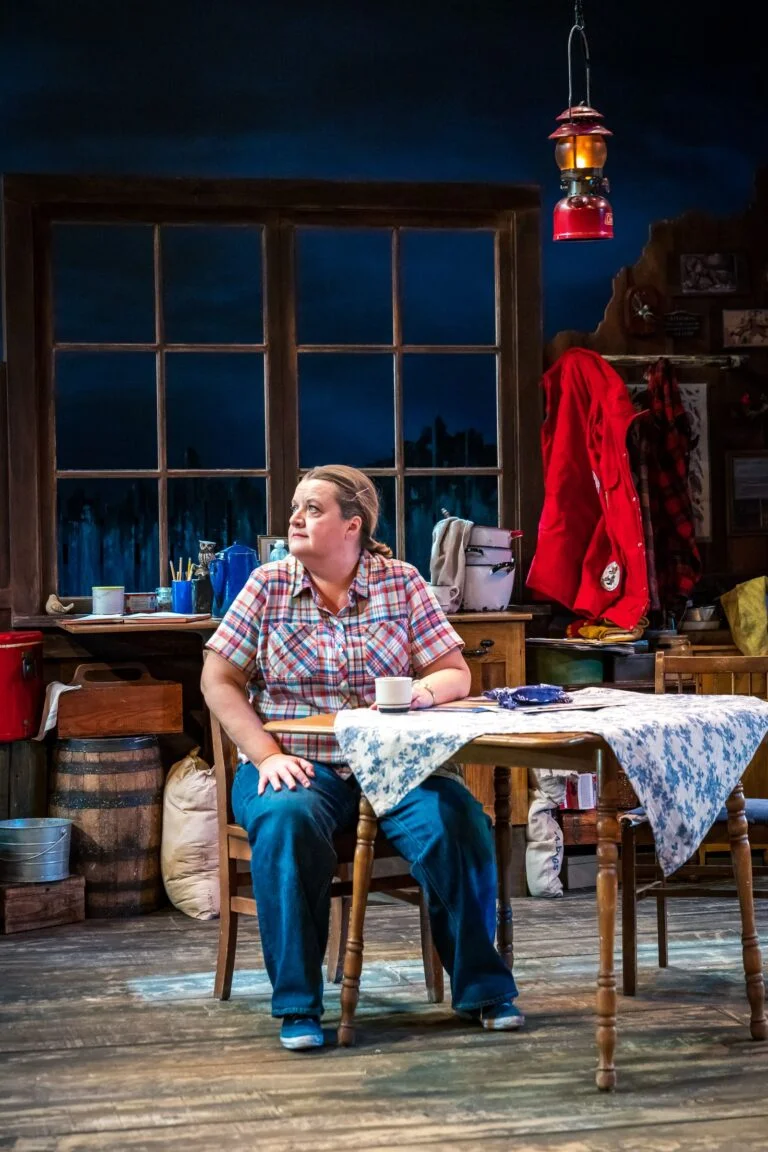

The Lehman Trilogy
An epic portrayal of the American dream
In 1844, Heyum Lehmann arrives in New York from Bavaria to make his way in a new world. After changing his name to Henry Lehman, he and his brothers start a small fabric business that evolves over generations to become a powerful international finance firm. More than a century later, the firm spectacularly collapses into bankruptcy, leaving unprecedented disaster in its wake. This sweeping generational saga questions how we define heroes and villains — and where we draw the line between them. Requiring tour-de-force performances by three actors playing multiple characters, the real-life story of the Lehman brothers unfolds with surprising elegance and astonishing theatricality.
Three things to know
- The Lehman Trilogy is based on a true — but little-known — story about the Lehman family and their business, which collapsed in 2008 and rocked the U.S. economy.
- Three actors deliver powerhouse performances as they portray more than 50 characters over the course of 170 years.
- The Broadway production of The Lehman Trilogy received vast critical acclaim and won five Tony Awards in 2022, including Best Play.
Note: This show runs around 3-and-a-half hours, including two intermissions.
Content Warnings/Age Recommendations
Contains mature themes including enslavement, war and suicide. This performance is recommended for ages 14 and older.
All Performance Dates
Thursday, 9/26 at 7pm
Tuesday, 10/1 at 7pm
Wednesday, 10/2 at 7pm
Themes
- Over the course of the play, which spans several generations, we notice that the Lehman brothers’ traditional observance of grief changes significantly. When they first arrive in America in the 1840s, they grieve in the same manner in which they were raised. But eventually their adherence to tradition dissipates. How might this change be relevant to our lives today?
- The Lehman brothers, in their efforts to become successful in America, choose to cater their business to slaveowners in the south. Thus to varying degrees, they willingly participate in and benefit from the institution of slavery. Do you think they had other options they could have chosen, to be successful? Why or why not?
Accessibility
Many performance venues offer accessibility accommodations such as wheelchair seating, assistive listening, sensory ear plugs, ASL interpretation, open captioning, or audio description, among other options. These accommodations are specific to each event, and may not be available everywhere. When registering with us, please let us know what accommodations you need and we will follow up with you!
Transportation
If you do not have access to a ride, call Project Success and we can provide transportation for you. Please let us know if you need a ride when you make your reservation. We will need at least 2 days’ notice to set up transportation.
Childcare
Childcare is available for this performance. Please let us know if you need childcare when you make your reservation.



